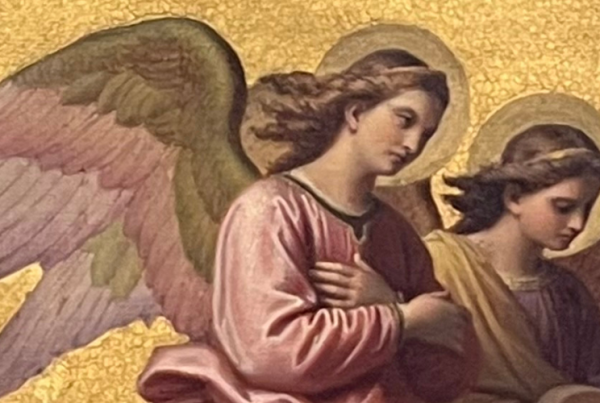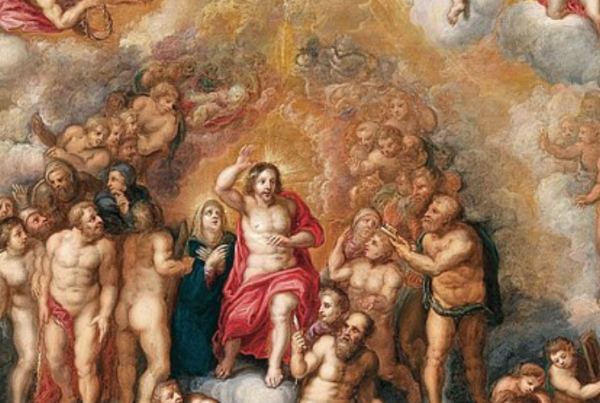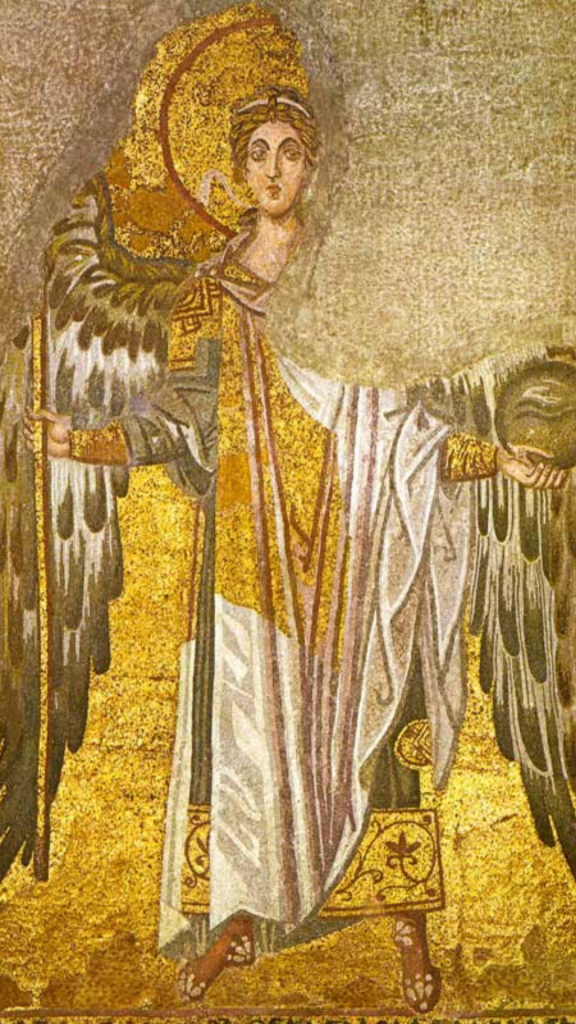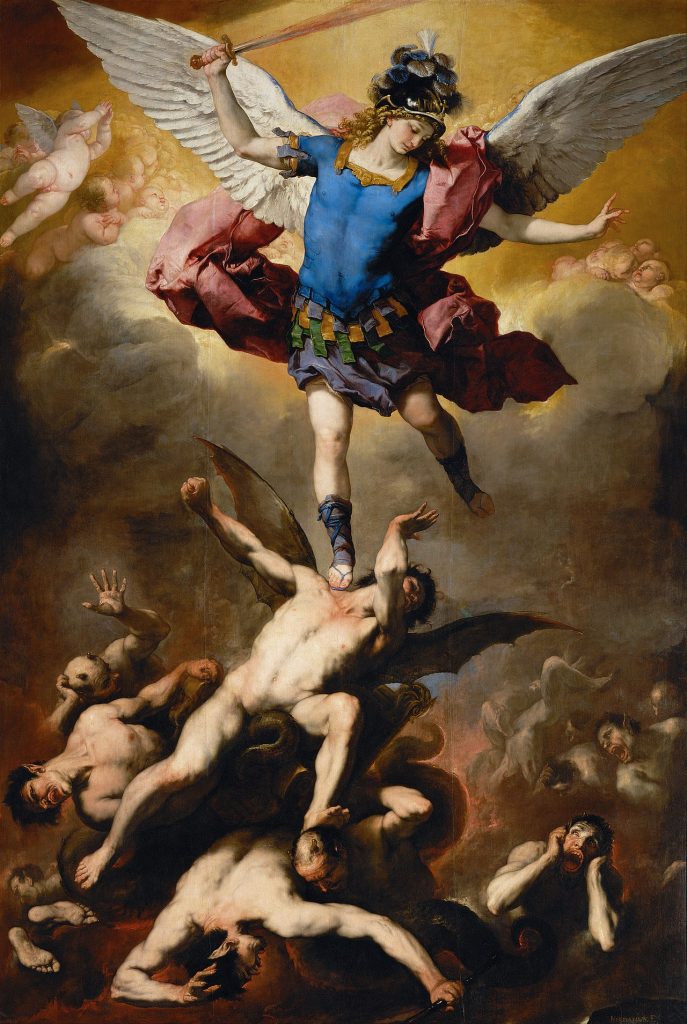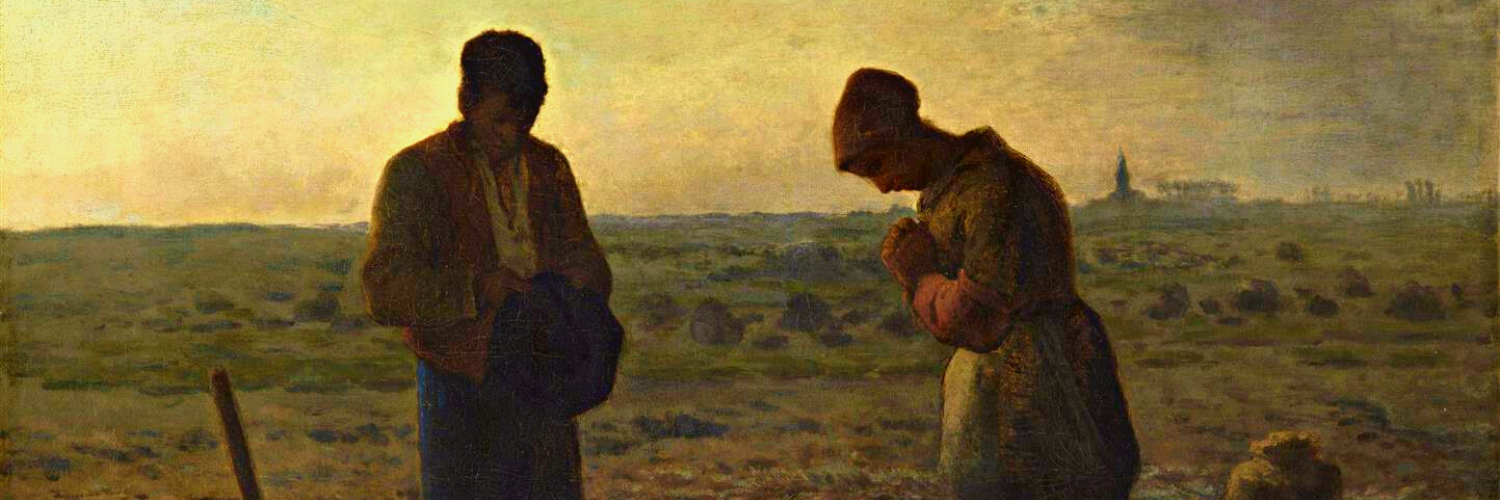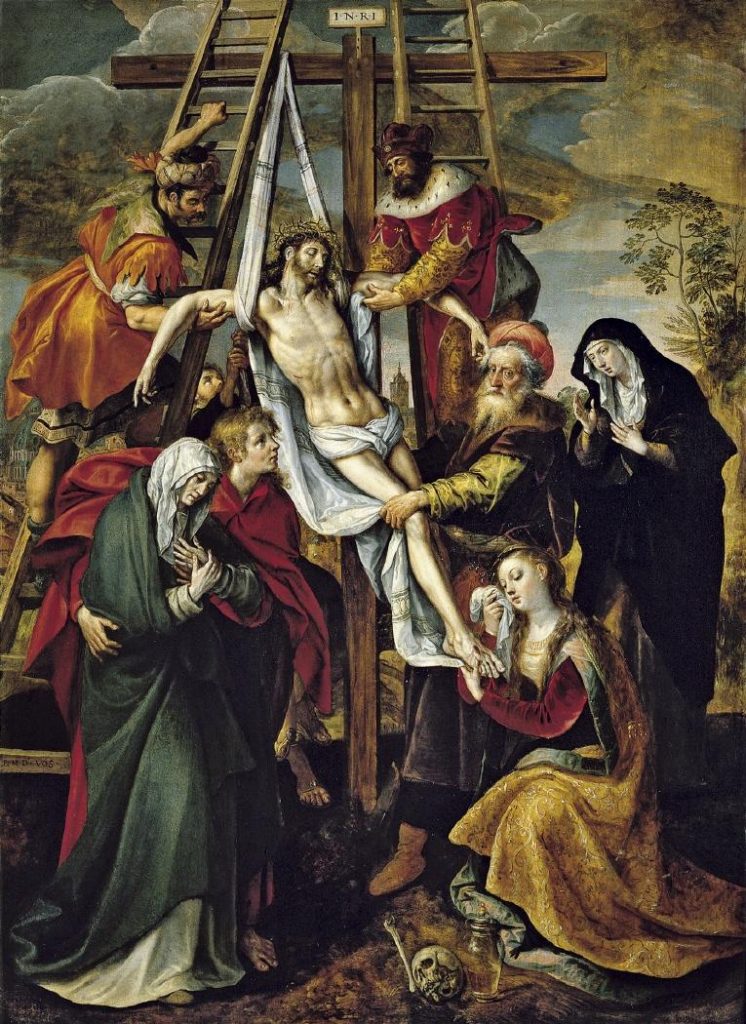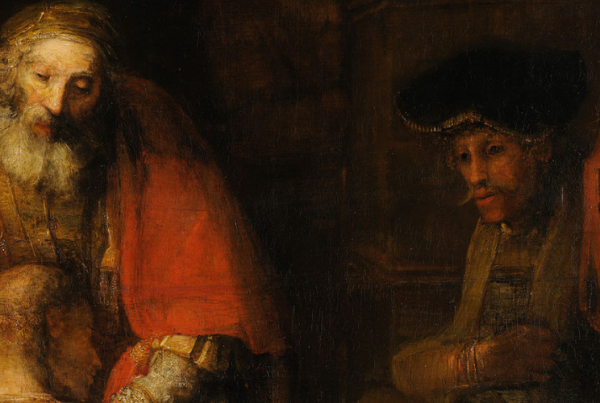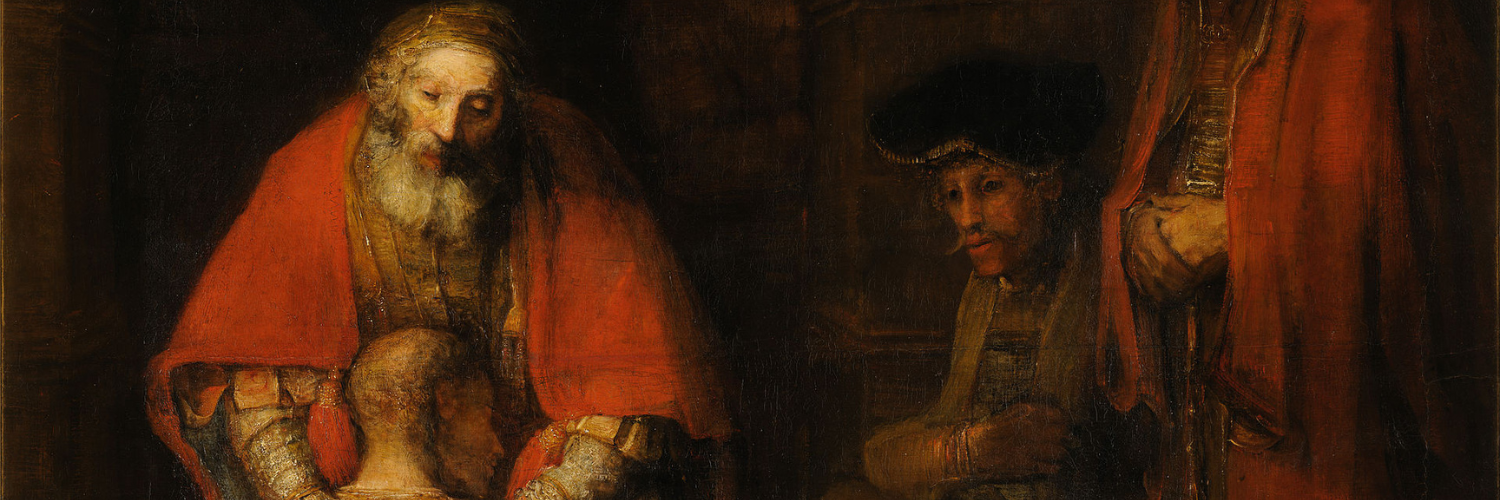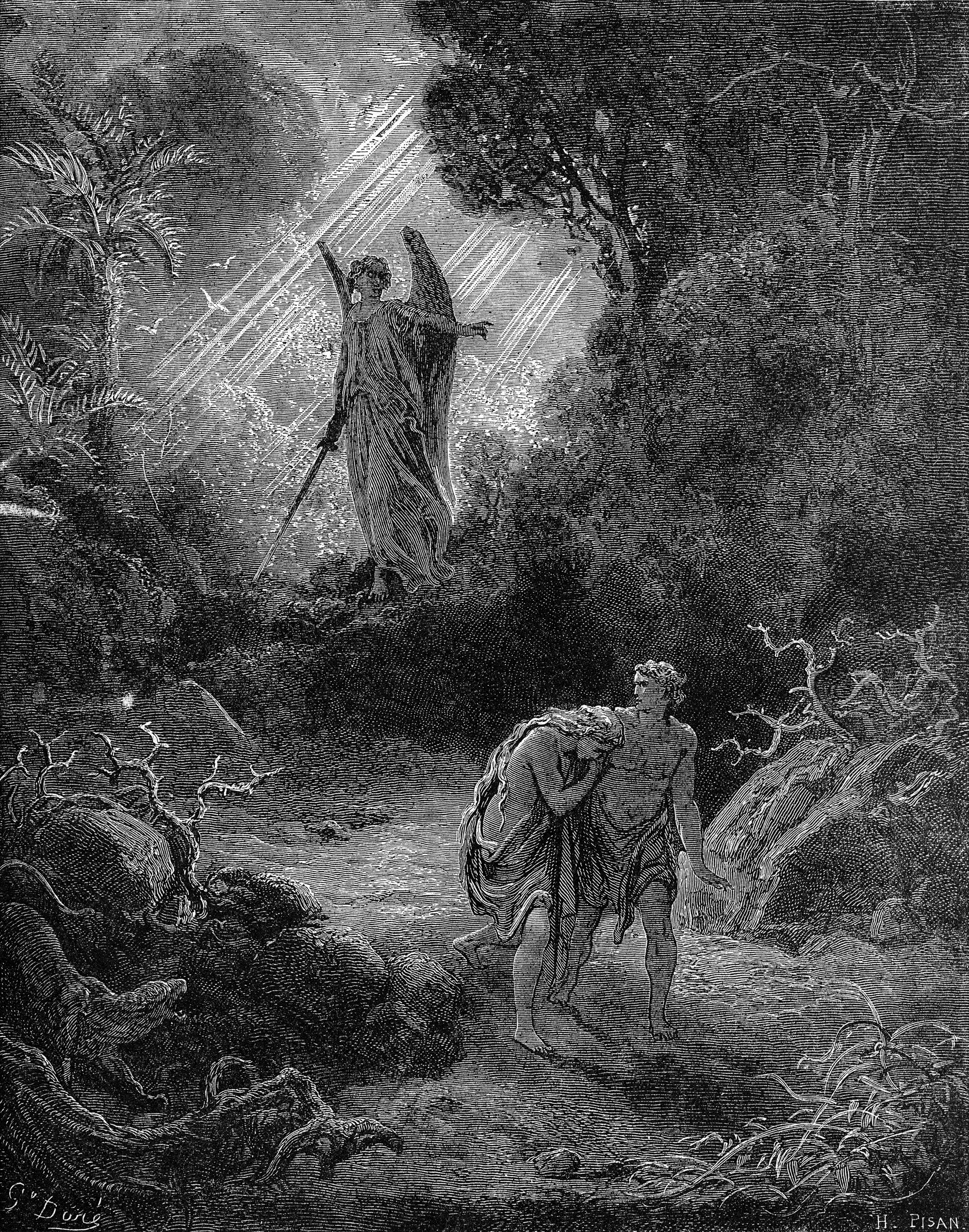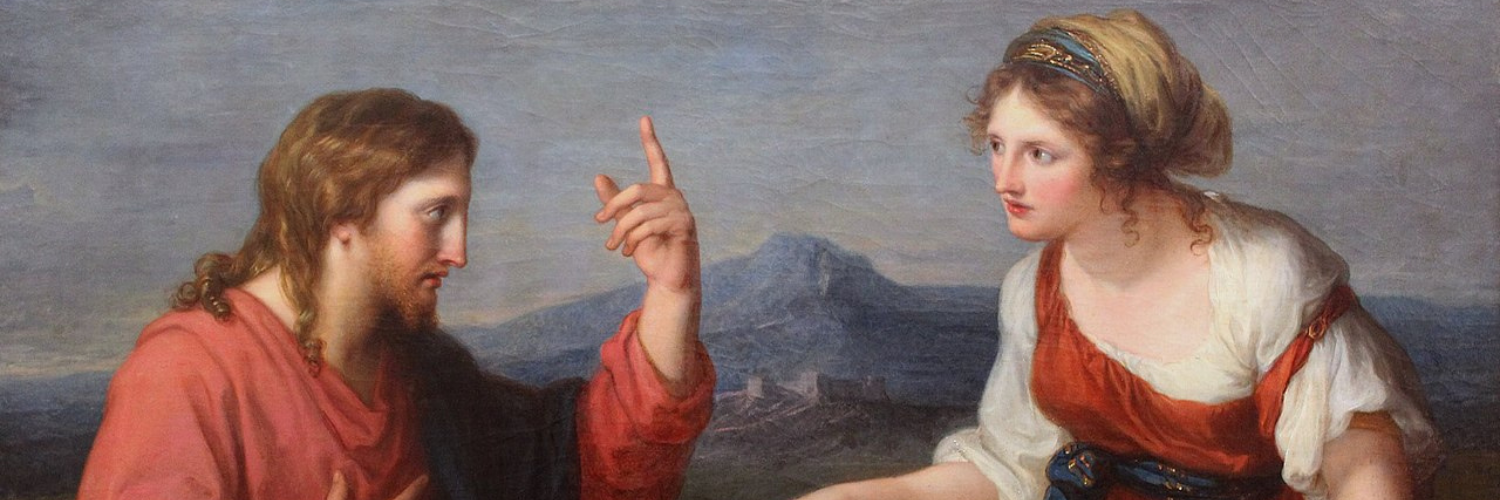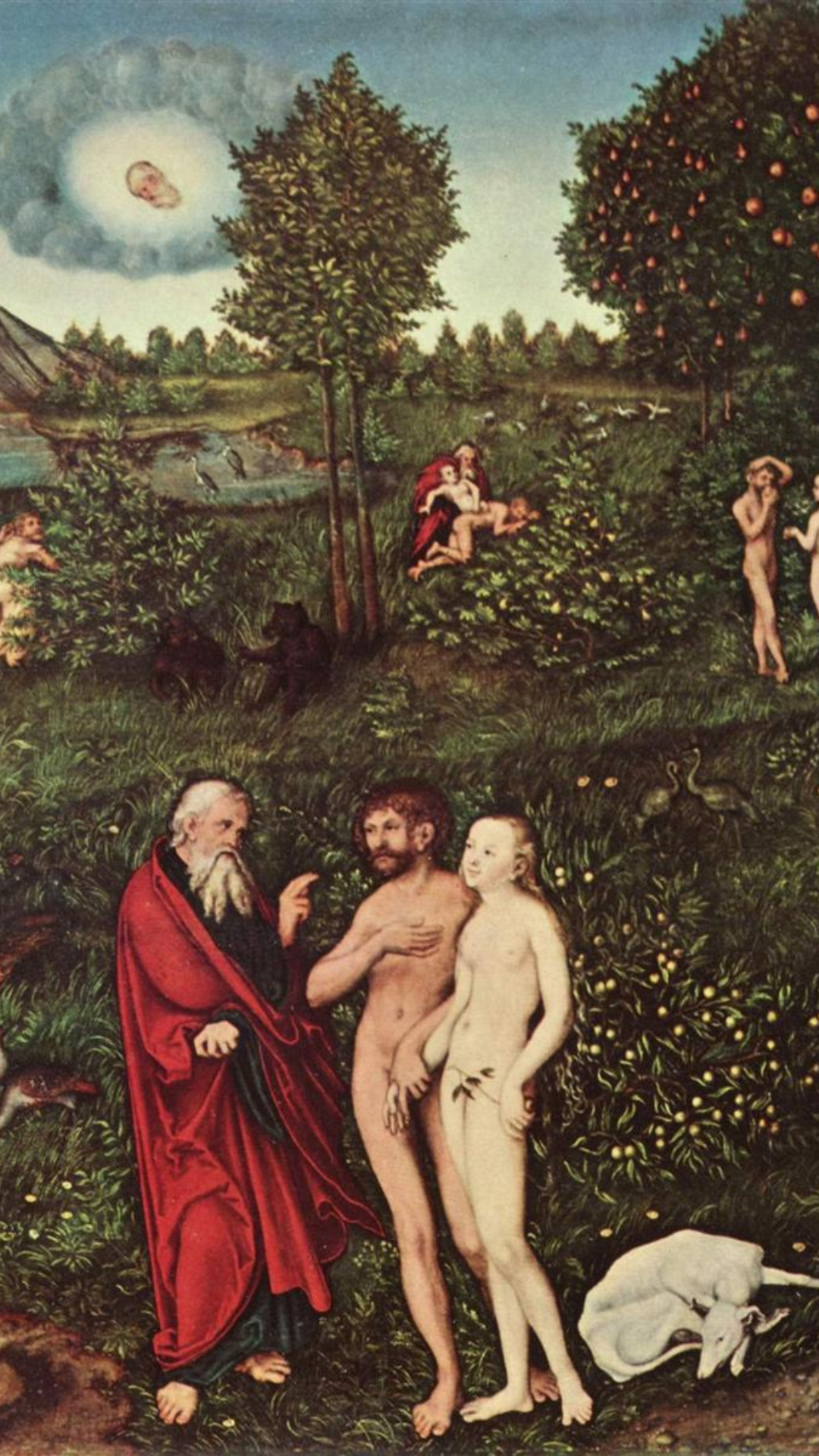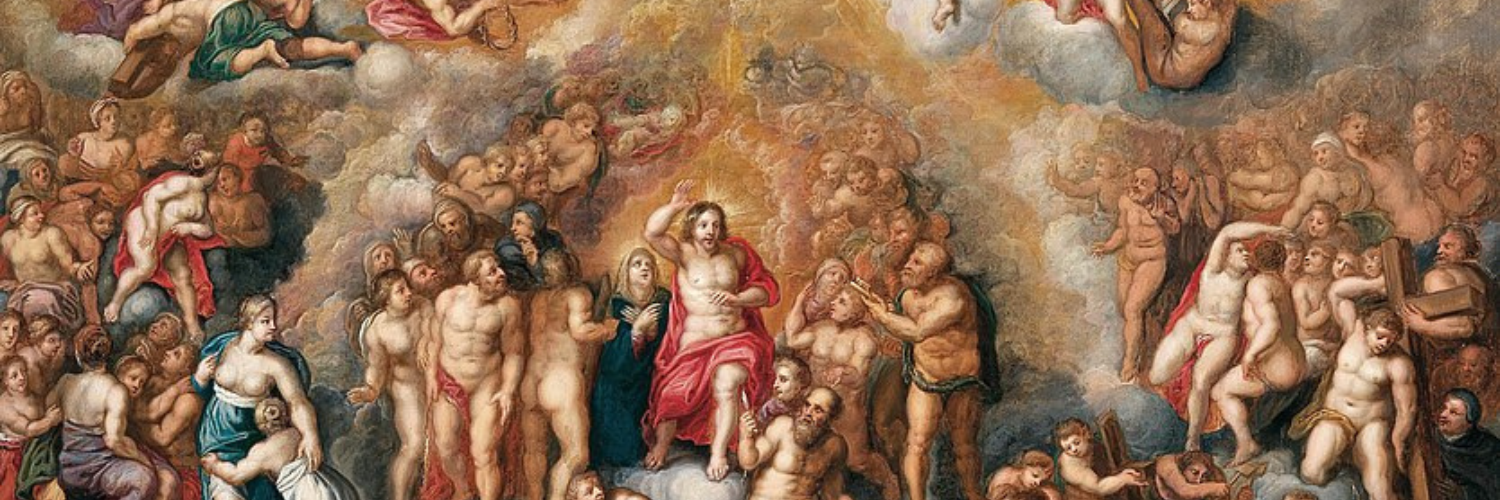
The First Hierarchy: Angels
Fr. Paul Stein
In contemporary American culture, we tend to think of hierarchy as a bad thing; it is one person or party holding power over another. Today’s mainstream culture tends to insist any “archy” is bad: monarchy, patriarchy, oligarchy, anarchy, etc. At least in terms of hierarchy, we have something that, when properly understood and lived, is very good. It is built into creation: the angelic realm.
In the Bible, there are numerous passages regarding angels. While there isn’t one passage that gives the entire hierarchy, there are several that reveal pieces of it.
… and what is the surpassing greatness of his power…which he worked in Christ, raising him from the dead and seating him at his right hand in the heavens, far above every principality, authority, power, and dominion, and every name that is named not only in this age but also in the one to come. (Eph 1:19-21)
He is the image of the invisible God, the firstborn of all creation. For in him were created all things in heaven and on earth, the visible and the invisible, whether thrones or dominions or principalities or powers; all things were created through him and for him.
(Col 1:15-16)
Throughout the Old and New Testaments, we find references to: angels (e.g. Genesis 28:12), Archangels (e.g. Jude 1:9), principalities (e.g. Col 1:16), powers (e.g. Col 1:16), virtues (also called authorities, e.g. Eph 1:21 and 1 Peter 3:22), dominions (e.g. Col 1:16), thrones (e.g. Col 1:16), cherubim (e.g. Ez 10:18) and seraphim (e.g. Is 6:2). All of them pure spirits, members of what is called the invisible part of creation.[1]
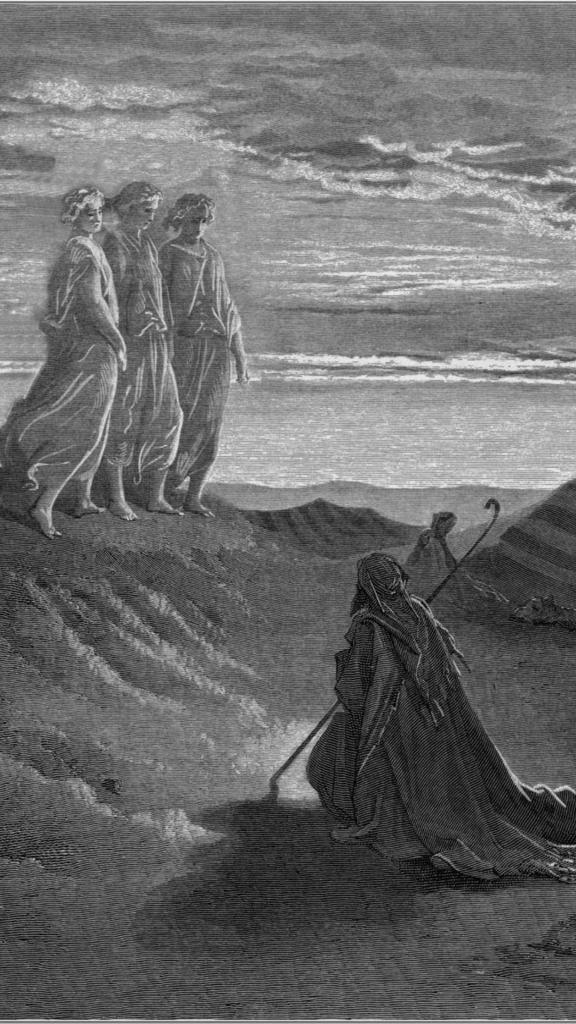
We know that they exist in a hierarchy, not only by the fact that St. Michael is named as an Archangel, but also by the way they are referenced in scripture. Names/titles such as thrones, dominions, and principalities all imply order, governance, and levels of power.
The exact ordering of the hierarchy, however, isn’t entirely clear in the Bible. For this reason, different writers have had slightly different listings of their rank and order. This article will focus on the writings of Dionysius the Arreopagite and his work De Coelesti Hierarchia (On the Celestial Hierarchy).[2] He groups them in three groups of three, reflecting the Trinity:
Seraphim Dominions Principalities
Cherubim Virtues Archangels
Thrones Powers (Regular) Angels
A contemporary reader may wonder if an angel in the lower part of the hierarchy is somehow “less” than an angel higher up in the order. In a sense, no. Granted, angels higher up have more power, but that does imply less dignity or less importance.[3] (H)ieros meant holy (a hieros was a priest, a holy one), and archia meant to rule. The one above you is empowered by God to elevate you toward him, to lift you up. God empowers or capacitates a hierarchy to look after and be responsible for the one(s) below. Thus, while our guardian angels are “above” us, they take care of us.
For Dionysius, hierarchy is not an oppressive thing, but to the contrary, a responsibility to God and others in the hierarchy. Fans of Spiderman may appreciate the idea that: “with great power comes great responsibility.” This applies to any hierarchy: the military, the family, or the Church. When lived authentically, it is a reflection of the God who took on our humanity in Christ and suffered and died on a cross to save us, in service of humanity. The Church, as the Body of Christ, is supposed to be like a human chain that extends from earth up to heaven, with anyone above, a hierarch, lifting up (the chain) the one below him. Hence, one title of the Pope is the servant of the servants of God.
The Church, as the Body of Christ...a human chain that extends from earth up to heaven, with anyone above, a hierarch, lifting up the one below him.
What This Means For Us
The hierarchy of angels, as created by God, reassures us today when our culture maligns all hierarchy as a form of oppression. Authentic hierarchy is a beautiful and good thing. If it were not, we would not have guardian angels. Ultimately, we want to live in a monarchy under Christ the King. If you don’t want to live in such an order, there is always anarchy.
Footnotes
[1] In the Bible, as in the Nicene Creed that we say on Sundays, we refer to the fact that God made everything, the visible and invisible. While the hierarchy of angels is the main thing we reference as “invisible,” it does include anything that God created that we cannot see as part of this universe. Thus, heaven is likewise included, as is hell and purgatory. It also allows for the fact that God may have created other things of which we are not yet aware. God could have numerous other realms of creation which we do not know.
[2] He has previously been referred to as Pseudo-Dionysius. He is thought to be a fifth or sixth-century author, most probably a Syriac monk, who took the moniker of Dionysius, whom St. Paul converted at the Areopagus in Athens, Greece in Acts 17:34.
[3] See St. Paul’s explanation (1 Corinthians 12:12-26) about how the Church, the Body of Christ, is hierarchically organized. All parts are essential, even those we deem less: “Indeed, the parts of the body that seem to be weaker are all the more necessary, and those parts of the body that we consider less honorable we surround with greater honor, and our less presentable parts are treated with greater propriety, whereas our more presentable parts do not need this. But God has so constructed the body as to give greater honor to a part that is without it, so that there may be no division in the body, but that the parts may have the same concern for one another (1 Cor 12:22-25).
For Further Reading On This Topic
